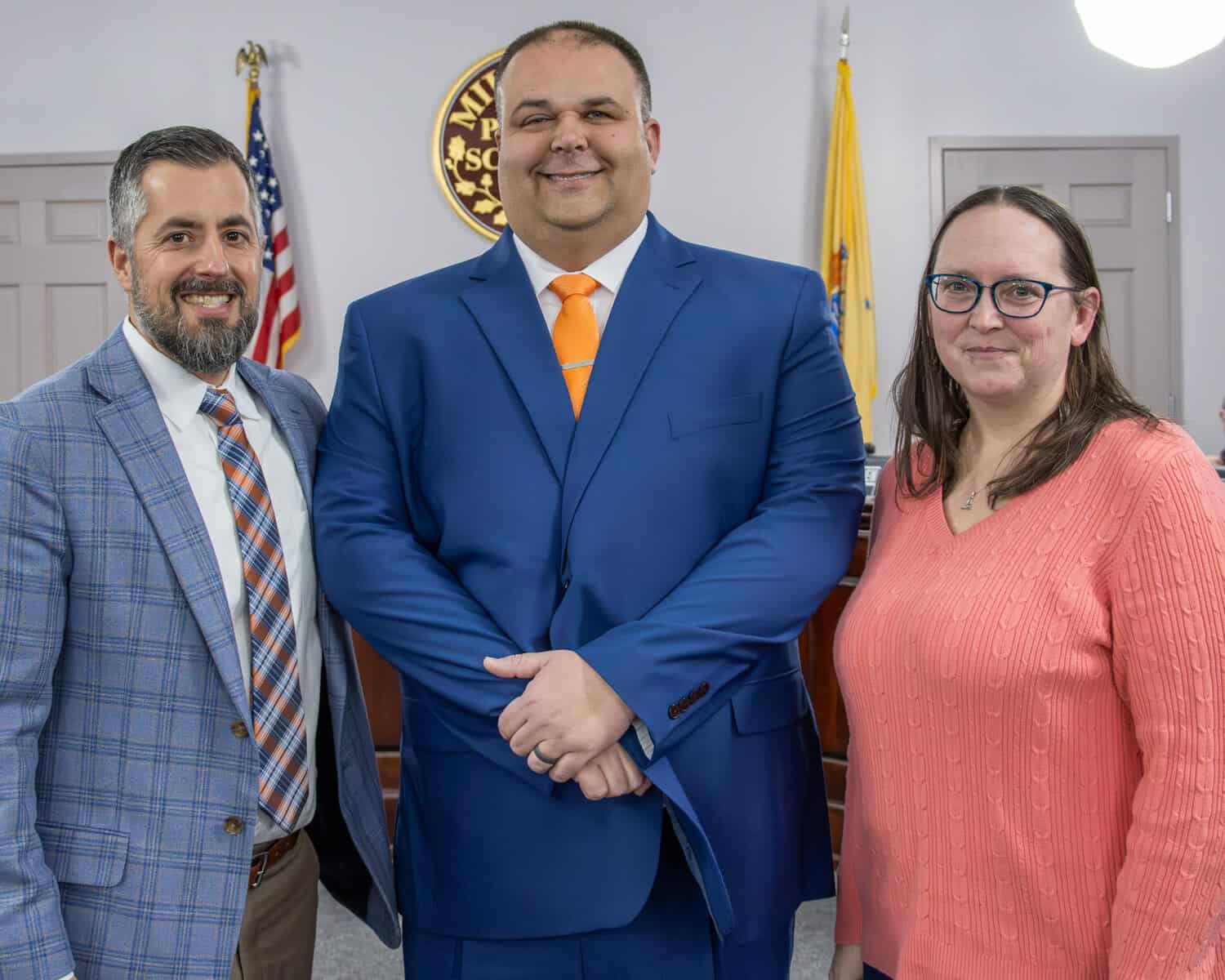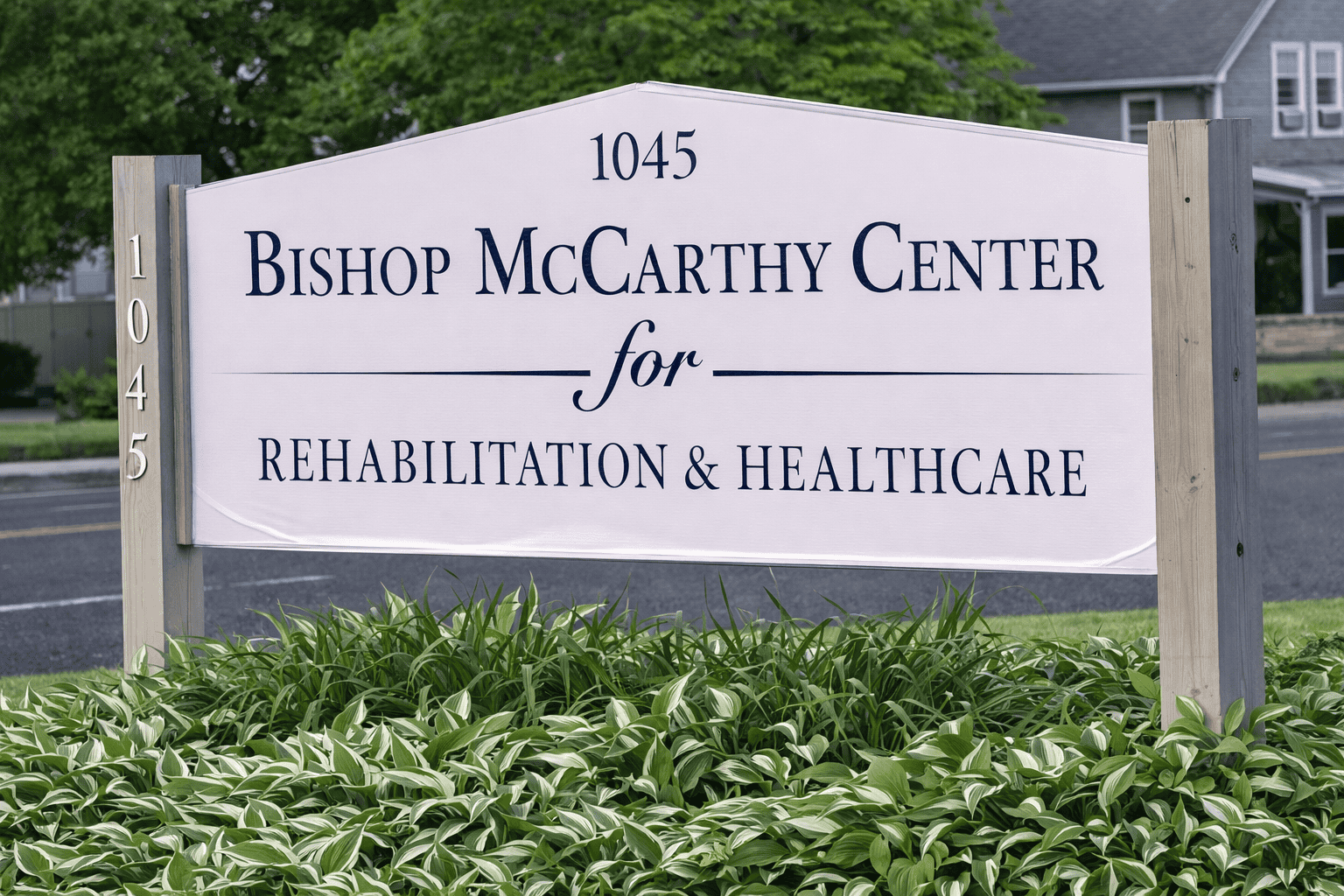Auto Insurance
 Car insurance—we all know we need it. But beyond that, many of us still ask ourselves, “What auto insurance should I get?” The key is knowing what deductibles and coverages are and how they affect auto insurance. So without further ado, here’s a primer.
Car insurance—we all know we need it. But beyond that, many of us still ask ourselves, “What auto insurance should I get?” The key is knowing what deductibles and coverages are and how they affect auto insurance. So without further ado, here’s a primer.
Put simply, a deductible is the amount that you agree to pay up front when you make an insurance claim, while the insurance company pays the rest up to your coverage limit.
When choosing your deductible, think about how much you’re willing to pay out of pocket if you need to make a claim. Weigh that against the fact that higher deductibles generally mean lower premiums. It really comes down to what makes you the most comfortable.
Auto insurance policies generally consist of several kinds of coverages. Because insurance laws vary from state to state, the following information is here to give you a broad overview of typical coverages, and it isn’t a statement of contract.
Auto liability coverage pays for the damage if you’re legally responsible for injuring someone, or for damaging another vehicle (or other property) in an auto crash.
Auto liability coverage falls into two categories:
• Bodily injury liability: medical expenses, pain and suffering, lost wages, and other special damages.
• Property damage liability: damaged property, and may include loss of use.
Liability coverage also pays legal defense and court costs. State laws usually dictate the minimum amounts of insurance required, but higher amounts are available.
Personal injury protection (PIP) pays your (or another covered driver’s) reasonable and necessary medical expenses for treatment caused by an auto crash. It may also pay for:
• Rehabilitation
• Lost earnings
• Replacement of services (e.g., child care if a parent is disabled)
• Funeral expenses
The coverage varies by state and specific policy.
Medical payments: This coverage is available in many states. It pays for necessary medical and funeral expenses for those covered when the expenses are caused by an auto crash. The coverage varies by state and specific policy.
Collision coverage helps pay for loss or damage from a crash to a covered vehicle caused by:
• Collision with another vehicle
• Collision with an object
• A vehicle rollover
A deductible is required.
Comprehensive coverage helps pay for loss of or damage to an insured, covered vehicle that is not caused by a collision or vehicle rollover. Examples of this type of damage or loss include:
• Fire
• Wind
• Hail
• Flood
• Vandalism
• Theft
• Hitting an animal
A deductible may apply.
Uninsured motorist: This coverage pays for damages if you or another covered person is injured in an auto crash caused by a driver who does not have liability insurance. In some states, it may also pay for property damage. The coverage varies by state and depends upon policy provisions.
Underinsured motorist coverage pays for damages if you or another covered person injured in an auto crash caused by another driver who is considered to be underinsured as defined by the policy. It varies by state and depends upon policy provisions.
Rental reimbursement pays for rental expenses if your car is disabled due to a covered loss. Daily allowances or limits vary by state or policy provisions.
Emergency road service: This coverage pays for having your auto towed due to a breakdown. Towing limits vary by state or policy provisions.
How much car insurance do you need? Unfortunately, there’s no black and white answer. It depends a lot on what coverages you need and the amount of deductible you feel comfortable with. Contact a State Farm® agent today to find out what’s right for you. n
For help figuring out your own life insurance needs and to talk through your options, talk to local State Farm David Scales, Jr. today.






